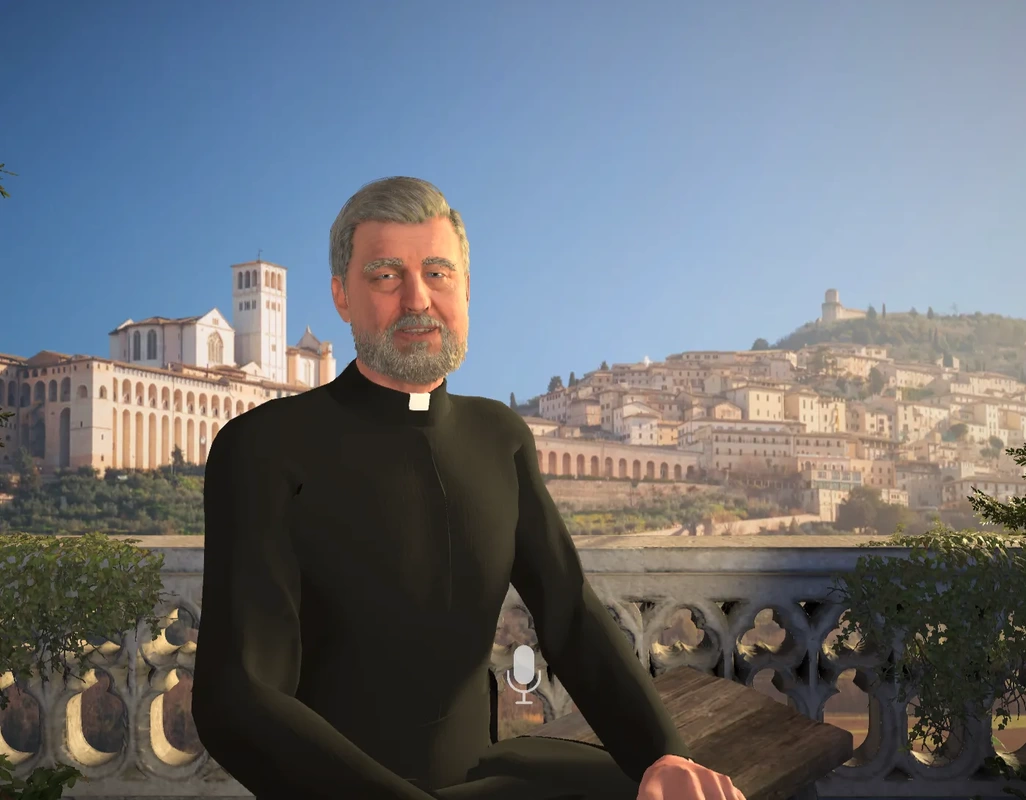Last month a bunch of us went to Normandy for the 80th anniversary of Operation Neptune. Upon regaining our shores, one of the pilgrims lent me a book: Ernie Pyle, Summer 1944. It contains 70 articles which the famous war correspondent wrote for American newspapers from Normandy. He was using an old compact typewriter in the dirt and the dust, and his homespun style enamored the nation. Journalists were not allowed to carry weapons, but Ernie accompanied soldiers into many a firefight, and was himself killed in January 1945 when his plane got shot down over the Pacific. His articles winningly portray ordinary soldiers, both American and German, evoking our affection for the simple goodness in every man.
I’ve been writing my little blog articles for 15 years from the front lines of the culture war. A man once said to me: “Father, the culture war is over, and you lost.” That may be, in the short term, but the Church is in it for the long term. And long term, soldiers can grow weary and dispirited, as I have become after 33 years in the service. That’s why I’m very glad to have discovered Ernie Pyle’s columns, whose honest buoyancy has lifted my spirits.
He doesn’t pass over the terrible carnage and waste of war, but he doesn’t exaggerate it either. For men of that generation, injustice and death didn’t have the last word. They generally saw a meaning in life that we don’t much see today, as in “all things work for the good for those who love God.” Ernie Pyle describes the immense waste of human lives and matériel littering the beaches on D-Day + 1. But he also describes the delightful Norman farmlands, the honest faces of French farm families, and the simple goodness of American GI’s. He is fascinated by the people around him, even admiring captured German officers. From his letter home dated July 20, 1944: “Capt. John Jackson is an unusual fellow with an unusual job. It has fallen to his lot to be the guy who goes in and brings out German generals who think maybe they would like to surrender.” He goes on to describe both General Manton Eddy, who liberated Cherbourg and “who had the appearance of the traditional cat that swallowed something wonderful,” and General Karl Wilhelm von Schlieben, who surrendered Cherbourg to General Eddy on June 26, and who only “snorted” while American journalists snapped pictures of the two together. During the photo session, Ernie writes, “we chuckled behind our beards.” Now, GI's didn't have beards in those days, but it’s that good humor, that ironic chuckle, that makes Ernie so appealing.
There’s a difference between how Ernie Pyle describes the war and how more recent movies describe it. Band of Brothers and Saving Private Ryan, films that I greatly appreciate, nonetheless focus too much on the carnage, on the darkness, and on the absurdity of war. They are mostly humorless, while Ernie Pyle captures the incongruities of war. A tough GI has adopted an orphaned rabbit, feeding it condensed milk through a eye-dropper, and it follows him everywhere. Another solider makes hot chocolate on his upturned iron rather than using it for pressing his pants, which would likely get him shot as a spy in the foxholes of Normandy. The Longest Day, produced in 1962, starring John Wayne among others, conveys a good deal of this ironic humor. The nihilism that has gripped our culture over the last 40 years, by contrast, is essentially humorless.
Life is a battle, and we are at war. But even war is not hell, nor absolutely dark, as long as we have life in us. Nothing is meaningless for those who love God. I think my own little articles over the last 15 years have grown too dark and hopeless, perhaps too angry. Ernie Pyle has certainly lightened me up a bit, God bless him, and God rest his soul!












 RSS Feed
RSS Feed